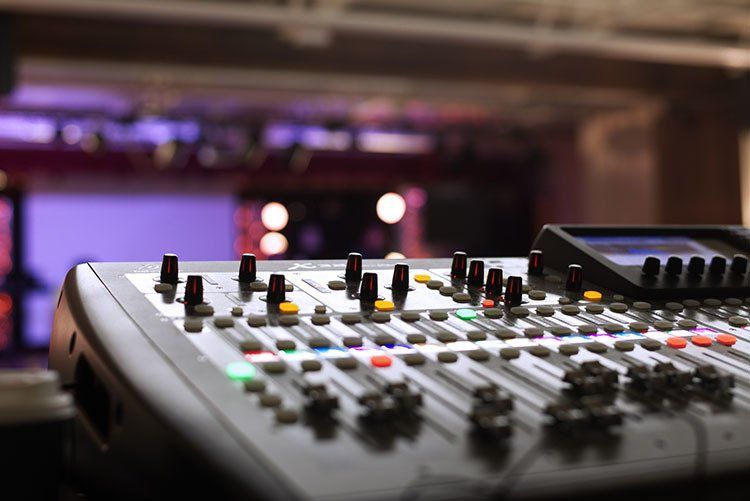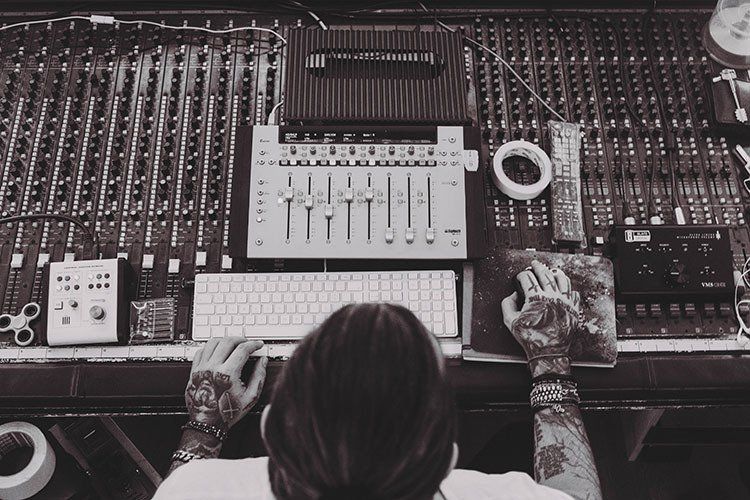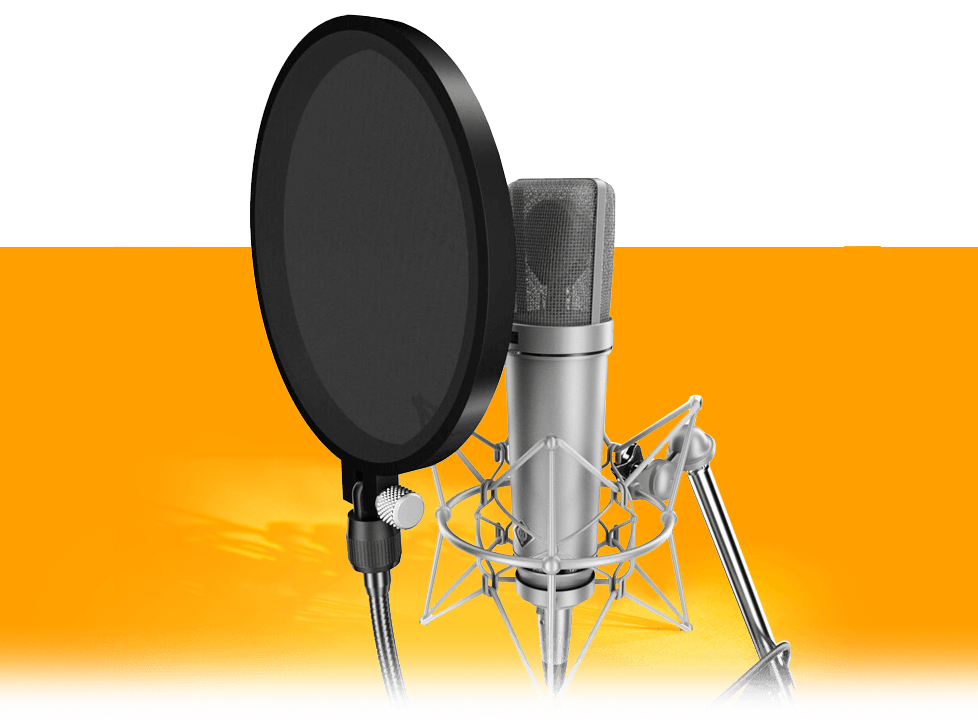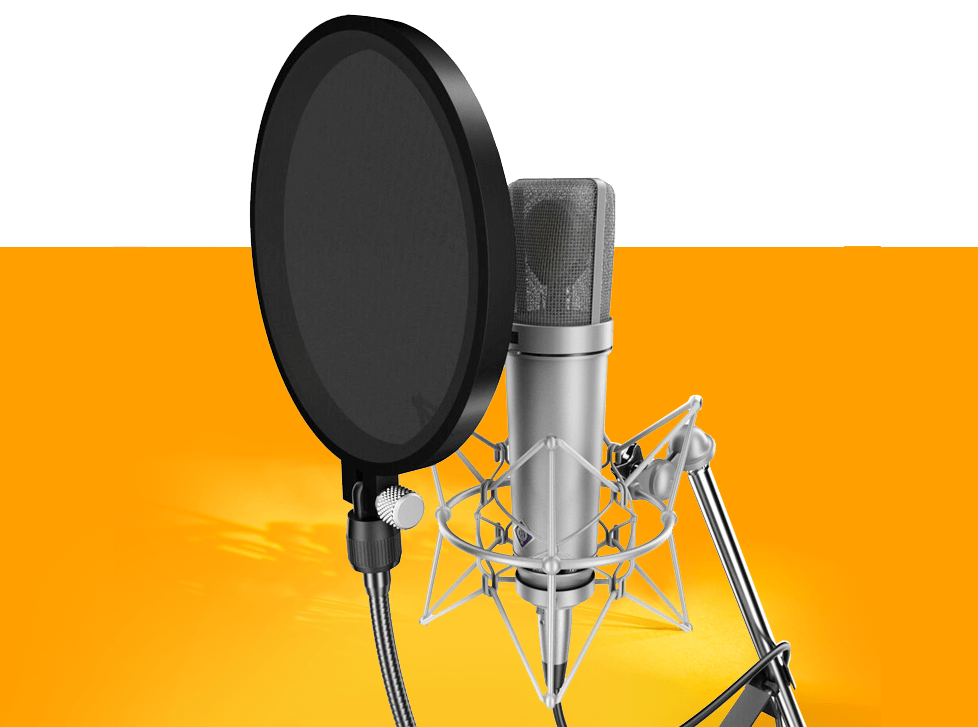How To Get A Job In Audio Engineering For Film and Television
Jeremy Alves | February 8, 2019
Tips on how to breach the industry
Like many trades, audio engineer can take you down many different roads. The role of an audio engineer can be found in so many areas centered around media and the arts. In many ways it mirrors acting: there are roles on TV, in film, on stage, for commercials and more. All these venues may require a fundamental knowledge base, however, the subtleties of each profession is unique and requires a nuanced touch.
If you’re on this page there is a pretty good chance that you are a) interested in audio engineering as a career, and/or b) looking to broaden your horizons in this industry to Film and TV. Luckily for you, we’re about to lay out how to get your foot in the door in the visual arts industry from an audio engineering perspective.
1) Do some research
In the traditional sense, an audio engineer is thought of as the person who operates a board in a recording studio for musicians. However, any studio owner would tell you that a big part of their business comes from the TV, film and digital media sector. Sure, artists take up a decent chunk of time as recording engineer, but it’s not always what pays the bills.
Colleagues of mine who run a studio in Toronto have told me that their music is their passion, it’s not their bread and butter. When they opened their studio they intended on creating a space for Rap and Hip Hop artists to record. However, that side of business isn’t what pays their bills. Many of the artists they produce are regular, every-day people doing music on the side and don’t have a ton of money to block out the studio for weeks at a time. For that reason, these studio owners branched out and began taking work as audio engineers for the TV and broadcast side of things. Now, the majority of their work comes from producing voice overs and music for TV commercials and shows.
Why is this Important, you might ask? Well, if your first instinct is to drop ship and fly to Los Angeles to pursue a career in film and TV, there are tons of other ways to build your resume first. Try finding a studio similar to the one described above where you can try your hand at audio engineering for the screen.
Shop around recording studios close to you; check out their website or SoundCloud and see what they are working on. If there’s nothing available online, give them a call and ask what type of work they do, and if they are hiring. It never hurts to be bold. You might be surprised at how many studios that operate as a music recording studio actually spend a lot of time engineering for TV, film and commercials. If you can find one that does, build your experience and ask to be put onto those projects.

2) Don’t be choosey
Another colleague of mine got his started after attending OIART at a production house that works specifically on children’s television shows. It’s a small studio that records ADR and voice-over talent for animated shows, as well as the music production production side of things. I’m not sure that it was the break he expected to get, but it was fantastic experience nonetheless, and gave him the experience he needed to move up in the world.
If you dream of someday working on an Academy Award-winning film or Emmy-winning show, don’t let go of that dream. However, never think that you’re a) above doing smaller productions or b) that the experience is worthless. Experience is experience. Keep an open mind and don’t pass up on opportunities just because you don’t connect emotionally to the end result. I think there’s a fallacy that people expect to be completely passionate about every article of work that they work on, but in reality that’s just not true.
3) Check Jobs Boards
Unbeknownst to you, there are actually hundreds of freelance gigs floating around at all times. There are plenty of job boards with positions available right now, including my go-to site for freelancing Mandy.com. If you are new to things, look for small-budget independent films or for positions as an assistant. Additionally, look for student films or low-budget web series. It’s typical these kinds of productions need audio engineers to mix sound and music, but don’t have the resources to pay for an industry titan. That leaves a gap for new audio engineers to try their hand at these positions and get experience (for nominal pay however).

4) Understand the Difference
There is a lot of nuance in production when it comes to music vs visual. As an engineer / mixer you have to think about how the listener interprets the visual and audible data that is being presented to them. You wouldn’t produce a radio show or podcast the same way that you would a television broadcast. In TV and film, there needs to be a balance between what the audience is seeing and hearing. As much as the soundtrack and sound effects are vital in visual arts, they shouldn’t take away from what people are seeing. Audio effects, levels and frequency will all (generally speaking) require a different touch than say, recording a rock album.
These are the kind of skills that you will really only learn from two places: school and on the job. You’ll never learn from being an observer, so get out there, get whatever experience you can and you’ll be on your way.
Ready to Start?
OIART's Audio Program Includes:
✓ Small Class Sizes
✓ On Site Facilities
✓ Industry Leading Instructors
✓ Post Grad Support & Guidance
✓ Exclusive 11 Month Program
Top Reasons Why You Should Choose OIART.
Have Questions?
If you have questions about our audio engineering and music production program or would like to book a tour, we would be pleased to speak with you.
Text Us: 519.200.4151
Share This With a Fellow Music Lover
Apply in 3 Steps!
Step 1: Click Apply Now to start.
Step 2: Answer questions about yourself.
Step 3: Submit and check your email.
Share this with fellow music lovers


